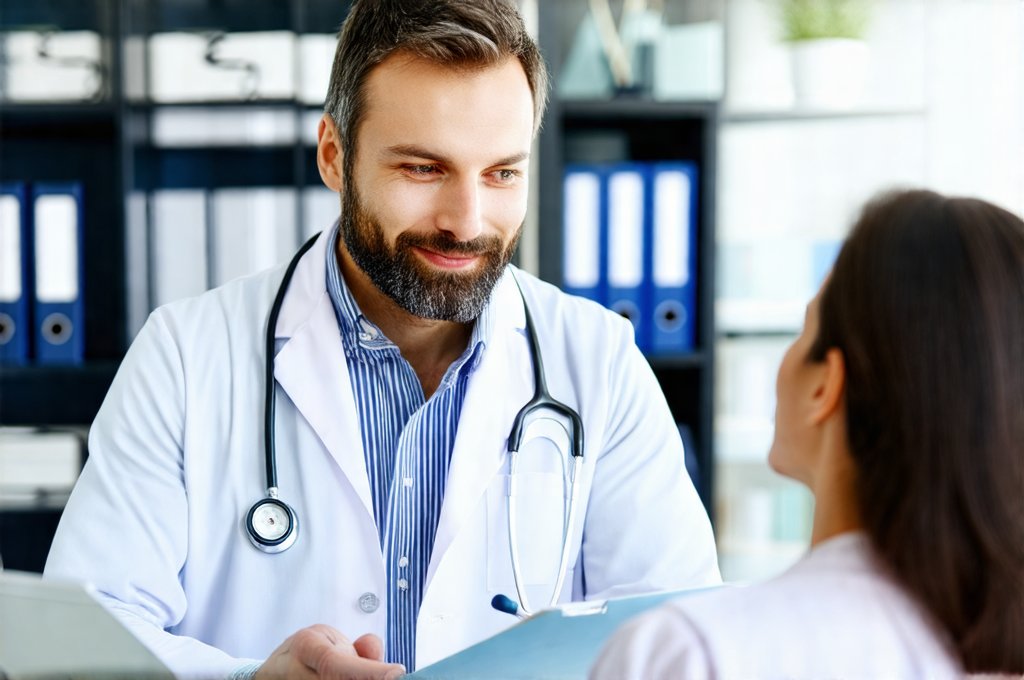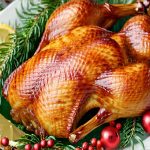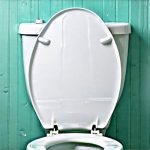The holiday season, office parties, family gatherings – these events are often synonymous with delicious, rich foods. From creamy dips and decadent desserts to salty snacks and generously portioned main courses, indulging is practically expected. However, for many, this indulgence can be followed by a rather unwelcome companion: sudden and urgent bathroom trips. It’s a common experience, but the “why” behind it isn’t always obvious. Understanding the physiological processes at play when we overindulge in rich foods can shed light on why these urgent needs arise, helping us navigate celebratory feasts with a bit more foresight and comfort. This article will explore the factors contributing to post-party food urgency, offering insight into the digestive system’s response and potential strategies for mitigating discomfort.
It’s important to distinguish between occasional urgency and chronic issues. A temporary increase in bathroom trips after a rich meal is generally normal; it signals that your body is processing an unusually large or complex load of food. However, if you experience persistent urgency, pain, bloating, or other digestive symptoms even when not indulging, consulting a healthcare professional is crucial to rule out underlying medical conditions like Irritable Bowel Syndrome (IBS), food intolerances, or inflammatory bowel disease. This article focuses on the temporary urgency experienced after overindulgence and doesn’t constitute medical advice; it’s intended for informational purposes only. We will examine how specific components of rich foods contribute to this phenomenon and what steps can be taken to manage these effects.
The Role of Dietary Components
Rich party foods often share common characteristics that significantly impact digestive speed and function. High fat content is a primary culprit, slowing down gastric emptying – the rate at which food moves from the stomach to the small intestine. This delayed passage allows more time for fermentation in the colon, potentially leading to gas production and increased bowel activity. Similarly, simple carbohydrates found abundantly in desserts, sugary drinks, and processed snacks are rapidly digested, causing a quick spike in blood sugar followed by a rapid drop. The body responds by pulling water into the intestines, contributing to looser stools and urgency. Finally, certain foods – spicy dishes, caffeine, alcohol, and artificial sweeteners – can directly stimulate intestinal motility, accelerating bowel movements and increasing the likelihood of needing to rush to the restroom.
The combination of these factors creates a perfect storm for digestive distress. Consider a typical party spread: creamy appetizers rich in dairy fat, sugary cocktails, processed snacks loaded with simple carbs, and perhaps even spicy foods or sauces. Each element individually contributes to potential urgency, but together they amplify the effect. This isn’t about avoiding all enjoyable foods; it’s about understanding how these components interact within your digestive system and adjusting accordingly. Portion control plays a critical role here – smaller portions of rich foods are less likely to overwhelm the digestive process than large helpings.
Beyond fat, carbs, and spices, fiber content (or lack thereof) is also significant. While generally beneficial for digestion, a sudden increase in high-fat foods can counteract the benefits of dietary fiber, slowing down overall gut motility. Furthermore, some individuals are more sensitive to specific types of fiber, leading to increased gas production or bloating. This explains why certain foods trigger urgency in some people but not others. The gut microbiome – the complex community of bacteria residing in our intestines – also plays a role. Different bacterial compositions respond differently to various food components; imbalances can contribute to digestive discomfort and urgency after consuming rich foods.
Understanding Gut Motility & Fermentation
Gut motility refers to the movement of food through the digestive tract. It’s a carefully orchestrated process controlled by nerves, hormones, and muscles. Rich foods disrupt this process in several ways. As mentioned earlier, high-fat content significantly slows down gastric emptying, meaning food stays in the stomach longer. This can lead to feelings of fullness and bloating, but it also alters the timing of subsequent digestive events. The small intestine then receives a delayed influx of chyme (partially digested food), potentially overwhelming its capacity and leading to malabsorption or fermentation. Fermentation happens when bacteria in the colon break down undigested carbohydrates. While normal to some extent, excessive fermentation produces gas as a byproduct, causing bloating, cramping, and urgency.
The vagus nerve plays a crucial role in regulating gut motility. It connects the brain to the digestive system, influencing muscle contractions and secretion of digestive enzymes. Stress or anxiety – common experiences during social events – can impact vagus nerve function, further disrupting digestion. A stressed nervous system may either speed up or slow down gut motility, contributing to unpredictable bowel movements. This is why feeling anxious about attending a party (and subsequently overeating) can exacerbate post-party urgency.
Finally, the migrating motor complex (MMC) is a series of electrical waves that sweep through the intestines during fasting, clearing out undigested food and bacteria. Eating interrupts the MMC, and frequent snacking or large meals can prevent it from functioning optimally. This allows more time for fermentation and increases the risk of bacterial overgrowth in the small intestine, potentially leading to chronic digestive issues.
The Brain-Gut Connection & Stress
The gut isn’t just a passive receiver of food; it’s intimately connected to the brain via what is known as the “gut-brain axis.” This bidirectional communication pathway means that our emotional state can influence digestion, and vice versa. Stress, anxiety, or even excitement can all impact how our digestive system functions. During periods of stress, the body releases cortisol, a hormone that can alter gut motility, increase intestinal permeability (often referred to as “leaky gut”), and affect the composition of the gut microbiome.
This explains why many people experience digestive upset – including urgency – during stressful events like parties or social gatherings. The anticipation of indulgent foods, coupled with the pressure to socialize, can trigger a stress response that disrupts normal digestion. Furthermore, social anxiety itself can contribute to increased bowel activity. The fear of embarrassing bathroom trips can ironically exacerbate the problem, creating a vicious cycle.
Mindful eating practices – paying attention to hunger cues, savoring each bite, and avoiding distractions – can help mitigate the effects of stress on digestion. Taking deep breaths before and during meals, practicing gratitude for the food you’re enjoying, and focusing on the present moment can all promote relaxation and improve digestive function. Additionally, recognizing that occasional urgency is normal and not a cause for shame can reduce anxiety surrounding social events.
Strategies for Mitigation & Prevention
While eliminating rich foods altogether isn’t realistic or desirable, several strategies can help minimize post-party urgency. Firstly, hydration is paramount. Drinking plenty of water throughout the day – and during the event – helps maintain stool consistency and supports healthy gut motility. Avoiding sugary drinks and excessive alcohol consumption is also crucial, as these can exacerbate dehydration and disrupt digestion. Secondly, portion control remains one of the most effective methods. Opting for smaller servings of rich foods and balancing them with lighter options like salads or vegetables can lessen the digestive load.
Thirdly, consider incorporating probiotics into your routine. Probiotics are live microorganisms that benefit gut health. While more research is needed, some studies suggest they may help improve digestion and reduce bloating. However, it’s important to choose a probiotic strain appropriate for your individual needs (and consult with a healthcare professional if you have any underlying digestive conditions). Finally, gentle movement after eating – a short walk or light stretching – can aid digestion and promote gut motility. Avoid strenuous exercise immediately after a large meal, as this may worsen symptoms.
In essence, managing bathroom urgency after rich party foods is about understanding the interplay between food, your body, and your mind. By making informed choices, practicing mindful eating, and prioritizing hydration and gentle movement, you can enjoy festive occasions without fearing an unwelcome race to the restroom. Remember, occasional indulgence is part of life; it’s how we manage its effects that matters most. Rapid rehydration may also play a role in some cases. Understanding how your body reacts can help you plan ahead. Additionally, be mindful of potential bathroom disruption if frozen meals are part of the party spread and consider whether large afternoon coffee might contribute to increased urgency. Finally, be aware that rapidly eaten meals can also exacerbate the issue.


















